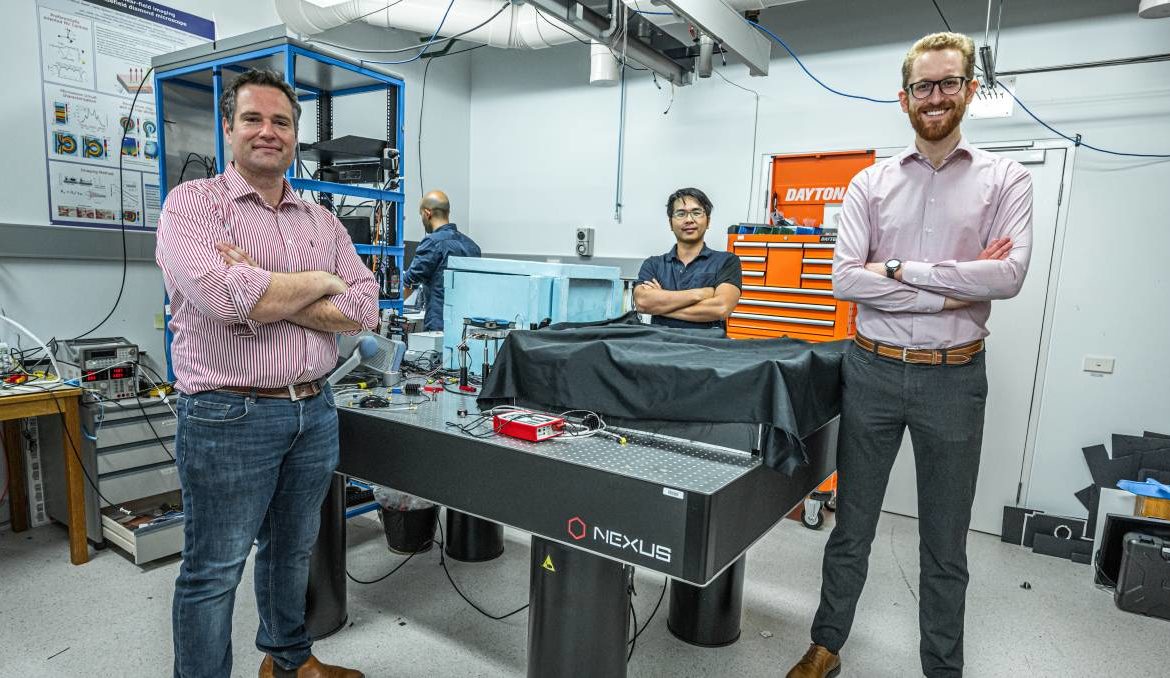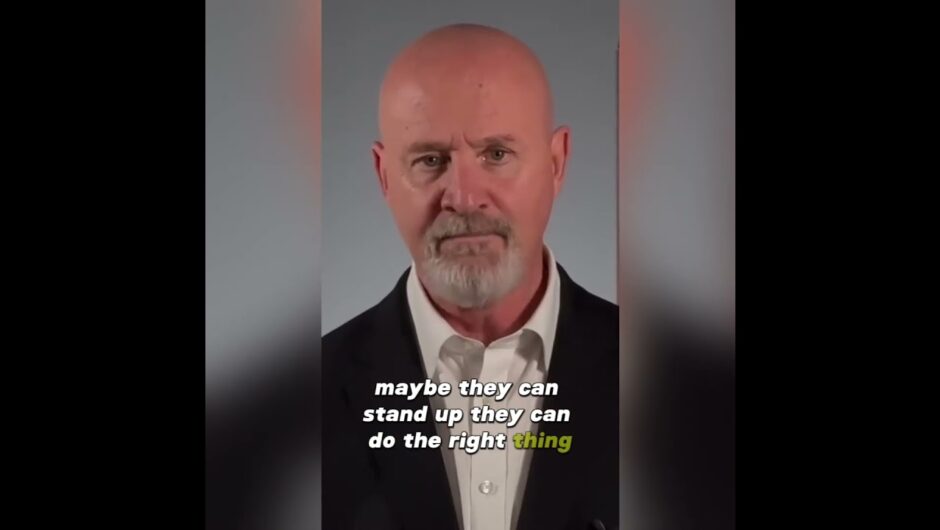news, education,
A Canberra start-up has reached a milestone in its goal of making quantum computing an everyday technology. Quantum Brilliance, a spin-off company from the Australian National University physics department, is preparing for its diamond-encased quantum bits (qubits) to be installed in a supercomputer in Perth. Chief executive Andrew Horsley was lured back to his home city from Switzerland in 2017 with the prospect of heading up the business which was financially backed by the ANU. The next leap in computing could help us tackle complex problems, make systems more efficient and create artificial intelligence that is even smarter. But before all of that happens, the challenge is to create a stable quantum computer that can operate at room temperature. For a quantum computer to work, the qubit needs to be isolated from its environment, either by putting it in a vacuum or operating at absolute zero temperature (minus 273.15 degrees). Dr Horsely said the start-up has used synthetic diamond to overcome this challenge. “They’re beautiful to the right eye, to others perhaps it’s rather unromantic rectangles. But think of it like with regular computers, you start with a silicon wafer, we now start with a diamond wafer,” he said. “Then Quantum Brilliance has the proprietary techniques that we then create the qubits inside the diamond, and then build up systems around that.” The company will be able to test the abilities of the system from afar once it is installed in the Pawsey Supercomputing Centre in June, with the aim of creating a lunchbox-sized quantum accelerator within five years. It’s akin to standing next to a computer the size of a room in the 1950’s and trying to imagine mobile phone apps – the possibilities of quantum computing are difficult to imagine at this early stage. The budding industry in Canberra has made ties with defence and space industries to figure out how the technology could be shrunk down to fit on a satellite. Dr Horsley said many years of scientific research has led to this development. “We’re the only place in the world that has all of the key pieces co-located to enable us to solve the key challenges for diamond quantum computing and turn it into a technology and product,” he said. Chief operating officer Mark Luo said Canberra had the potential to build a world-leading quantum computing industry. “Despite the COVID-19 period, the company has gone from the size of three co-founders to over 20 staff right now,” Mr Luo said. ANU vice-chancellor Professor Brian Schmidt said the university would achieve its goal of creating a billion-dollar company by supporting research commercialisation in spin-offs such as Quantum Brilliance. Our journalists work hard to provide local, up-to-date news to the community. This is how you can continue to access our trusted content:
/images/transform/v1/crop/frm/33pRA5ArzT57tWtt8VHHenS/2bc364b8-dd52-40e6-90ea-7fab85c4724a.JPG/r0_111_6048_3528_w1200_h678_fmax.jpg
A Canberra start-up has reached a milestone in its goal of making quantum computing an everyday technology.
Quantum Brilliance, a spin-off company from the Australian National University physics department, is preparing for its diamond-encased quantum bits (qubits) to be installed in a supercomputer in Perth.
Chief executive Andrew Horsley was lured back to his home city from Switzerland in 2017 with the prospect of heading up the business which was financially backed by the ANU.
The next leap in computing could help us tackle complex problems, make systems more efficient and create artificial intelligence that is even smarter.
But before all of that happens, the challenge is to create a stable quantum computer that can operate at room temperature.
For a quantum computer to work, the qubit needs to be isolated from its environment, either by putting it in a vacuum or operating at absolute zero temperature (minus 273.15 degrees).
Dr Sepehr Ahmadi works on the diamond quantum computer. Picture: supplied
Dr Horsely said the start-up has used synthetic diamond to overcome this challenge.
“They’re beautiful to the right eye, to others perhaps it’s rather unromantic rectangles. But think of it like with regular computers, you start with a silicon wafer, we now start with a diamond wafer,” he said.
The company will be able to test the abilities of the system from afar once it is installed in the Pawsey Supercomputing Centre in June, with the aim of creating a lunchbox-sized quantum accelerator within five years.
It’s akin to standing next to a computer the size of a room in the 1950’s and trying to imagine mobile phone apps – the possibilities of quantum computing are difficult to imagine at this early stage.
The budding industry in Canberra has made ties with defence and space industries to figure out how the technology could be shrunk down to fit on a satellite.
Dr Horsley said many years of scientific research has led to this development.
“We’re the only place in the world that has all of the key pieces co-located to enable us to solve the key challenges for diamond quantum computing and turn it into a technology and product,” he said.
Chief operating officer Mark Luo said Canberra had the potential to build a world-leading quantum computing industry.
“Despite the COVID-19 period, the company has gone from the size of three co-founders to over 20 staff right now,” Mr Luo said.
ANU vice-chancellor Professor Brian Schmidt said the university would achieve its goal of creating a billion-dollar company by supporting research commercialisation in spin-offs such as Quantum Brilliance.
Our journalists work hard to provide local, up-to-date news to the community. This is how you can continue to access our trusted content:







